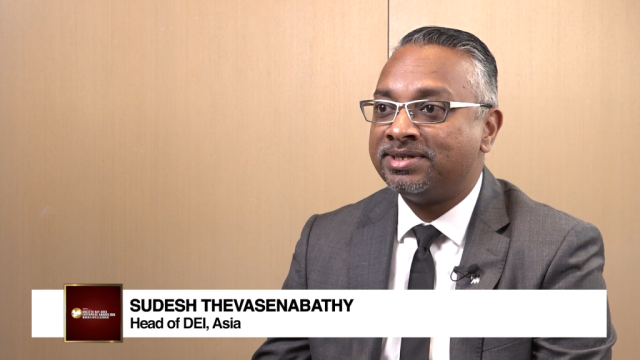Mistakes organisations make when developing people -- and how to avoid them
By Stephen SmithI was interested to read recently of the difficulties RTHK were having in selecting a new Director of Broadcasting. Having tried unsuccessfully to promote internally, they've been forced – for the fourth time since 2007 – to select a new leader from outside the organisation, with all the delay and difficulties this entails.
This is a very real example of what can happen if you're part of the 85% of organisations in Hong Kong/China who say they don't have an ample leadership pipeline.
People in my line of work have talked for many years about the war for talent. It's a powerful phrase but I wonder whether it isn't counter-productive. When I look out of my window I see a (largely) peaceful and prosperous city – I see no signs of a war. The more we talk dramatically about war, the easier it might be for people to dismiss us as melodramatic.
However, there is undeniably a shortage. In the Asia Pacific region, 57% of surveyed companies said that the biggest talent management issue facing them was lack of talent. When it comes to lack of talent for skilled positions in particular, 51% of respondents in Hong Kong and China alone say that's their biggest challenge! If there was a war, it's over now: the talent won.
Most of us would agree we're reaping now what we've sown over the last few years. The global economic slowdown caused organisations to cut back on things they've seen as non-essential, including development activities.
So as investment in training and development begins to increase and organisations start once again to invest in the future of their talent, what are the key mistakes they should avoid?
- Failing to align development activities to business goals
Too often, organisations fail to make a real link between their development activities and the actual needs of the business and consequently, development activities have become divorced from business reality. Development is a bridge that takes individuals from where they are now to where they want or need to be. Where they want or need to be had better be aligned with where the business needs them to be, otherwise what's the point? If one of your business goals is to have a pool of ready-now leaders, align your development activities specifically to that goal.
- Lack of structured growth plan
I think this second mistake arises from the first: because there's no alignment, there's no longer-term plan – development becomes tactical rather than strategic. High performers see no clear path for their future development, so they go somewhere that can provide that clarity. Those that remain get developed on a "hit or miss" basis, when the company can afford to develop them. What some organisations fail to see until it's too late is that they can't afford not to develop their leaders.
- Generic programs
Finally, too many development activities consist of generic, one-size-fits-all training programs, where what's delivered in one organisation is the same as what's delivered in every other organisation. Now there's nothing inherently wrong in this – there are some universal truths that apply to all organisations. But wouldn't you rather the development your organisation invests in is specific to your organisation, not the same "cookie cutter" material that everyone else gets? Won't that add more value to you, longer term?
These mistakes can be easily avoided by measuring the impact of your development programs. This one act will drive everyone involved to think carefully about how any development activity will help the business achieve its objectives, how it will add value to the business, and how they can increase that value.
Sometimes measuring return on development investment is hard but the benefits of the measurement are always worth the effort, and senior leaders can play a key part in this, by demanding that their development activities are measured ever more rigorously to demonstrate a return.
Sadly, that's a part they're not playing now: in Hong Kong and China, only 8% of surveyed organisations say that their senior management is pressing for more rigorous measurement on the business impact of development activities. That's from a global survey and it's the lowest number: Hong Kong and China are literally the worst in the world at this.
That has to change; development has to get much closer to – and support – the needs of the business otherwise what's happening at RTHK is just the tip of a very uncompetitive iceberg.























 Advertise
Advertise








